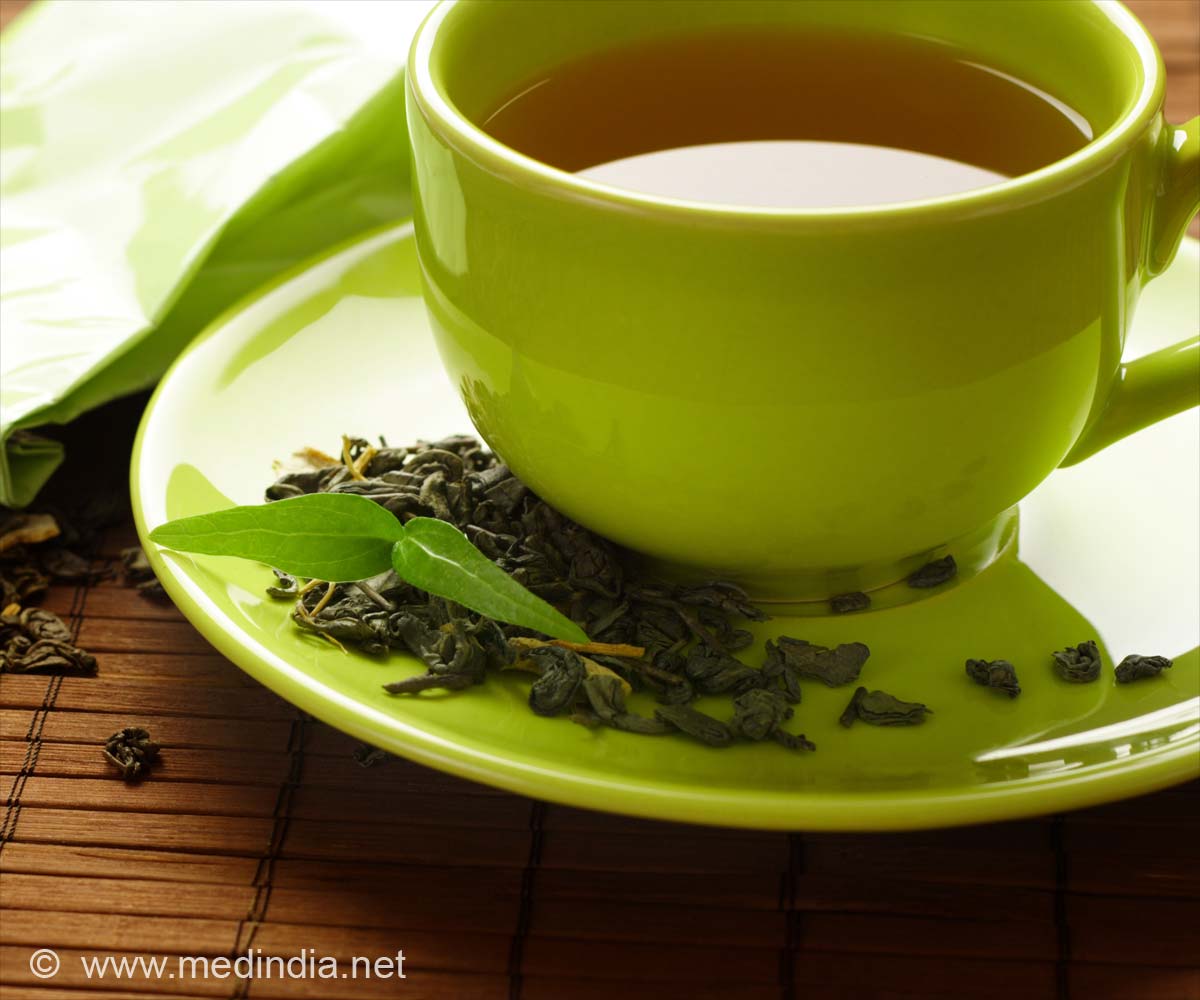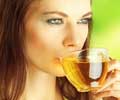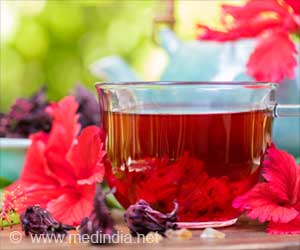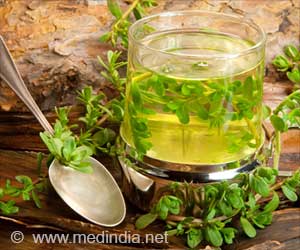Tea hydrates the body effectively, despite its mild caffeine, and herbal or green teas are especially beneficial for daily fluid intake and added health benefits.

- Most teas, even caffeinated ones, can help with hydration when consumed in moderation
- Herbal teas are often caffeine-free and excellent for hydration
- Excessive consumption of caffeinated teas can have a diuretic effect, but it's unlikely to lead to dehydration unless consumed in large amounts
Black tea is not significantly different from water in the maintenance of normal hydration in human subjects: results from a randomised controlled trial
Go to source).
that moderate tea consumption can hydrate you as effectively as water? #medindia #hydration’
Tea and Hydration: How Does It Work?
It is important to note that tea contains caffeine, and this substance exerts a mild diuretic effect but consumption of tea do not significantly affect the rehydration process. Tea is comprised mostly of water and have the ability to replace water in one’s body regardless of any small amount of caffeine it contains. Indeed, tea can also be considered as bioactive product that can be used as one of the daily water intake products.However, taking very large volumes of caffeinated tea, say 8 to 10 cups in a short while, will stimulate the diuretic effect to make you urinate a lot, and therefore you get slightly dehydrated. However, for the majority of consumers, this is not an issue when consuming tea in moderation.
Can Caffeine Make You More Dehydrated?
Usually consumed in the form of tea and coffee, caffeine, a natural stimulant associated with coffee beans and tea leaves, is mildly diuretic. But this means that it will make you urinate more often, which sometimes results in a slight level of dehydration.But don’t worry – the amount of caffeine in the tea is significantly less than the amount of caffeine in the coffee, and the quantity of water in the tea usually has you covered. According to the survey, the amount of caffeine in one 8-ounce cup of tea lies between 14 to 60 grams while the same serving of coffee contains between 90 to 200 grams.
To get to that amount of caffeine intake which might have an effect on the rates of hydration, one must take a very large amount of tea at once which is not possible.
Kinds of Tea and How Much Caffeine they Contain
Different types of tea vary in caffeine content:- Black Tea: This is said to hold approximately 50 mg of caffeine per cup.
- Green Tea: A little less caffeine, about 30 milligrams per cup, and is usual more diuretic than black tea.
- Oolong Tea: The material has approximately 39 mg caffeine per cup, equating to black and green teas.”
- White Tea: Contains less caffeine than the typical coffee, anything between 6 and 55 mg per cup.
Hybrid Teas: A Combination of Caffeine and Herbs
A variety of hybrid teas come with caffeine but supplemented with natural herbs. For instance, two related plants Yerba Mate and Guayusa are known to have caffeine content and could be the reason why the tea has a higher caffeine level. Yerba mate, for instance, has as much as 80 mg of caffeine per cup, just like a cup of coffee. Decaffeinated consumers should also be careful while using hybrid teas.
Is Tea Included In The Daily Water Intake?
Yes, tea can be taken into consideration in the quantity of water that you consume daily. For instance, many healthy adults require 9-13 cups of fluid on any given day, and tea- particularly green and herbal- can go a long way in availing this quota. People have to remember the effects that caffeine may have on bodies and habits, including the choice of caffeine-free teas in the evenings.Jiggling, well, a cup or two of tea or caffeinated tea does not make you dehydrated. Interestingly, the water content in tea serves to hydrate the body in real sense.
If you are taking large quantities of caffeinated tea in a short time, they may increase urination and generally tend to cause mild dehydration but one is not likely to take 8-10 cups in a short time. Herbal teas and green teas are good for hydrating, they also contain other useful minerals such as potassium and magnesium.
Thus, Tea is one of the most recommendable beverages as it contributes to the overall body’s intake of fluids depending on the individual. If you are a coffee drinker, tea is the better option as a beverage because of the added advantage of hydration. That cup of tea you are drinking now is doing far more than you realize – so enjoy it!
Reference:
- Black tea is not significantly different from water in the maintenance of normal hydration in human subjects: results from a randomised controlled trial - (https://pubmed.ncbi.nlm.nih.gov/21450118/)
Source-Medindia













